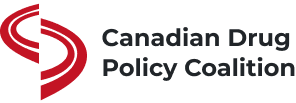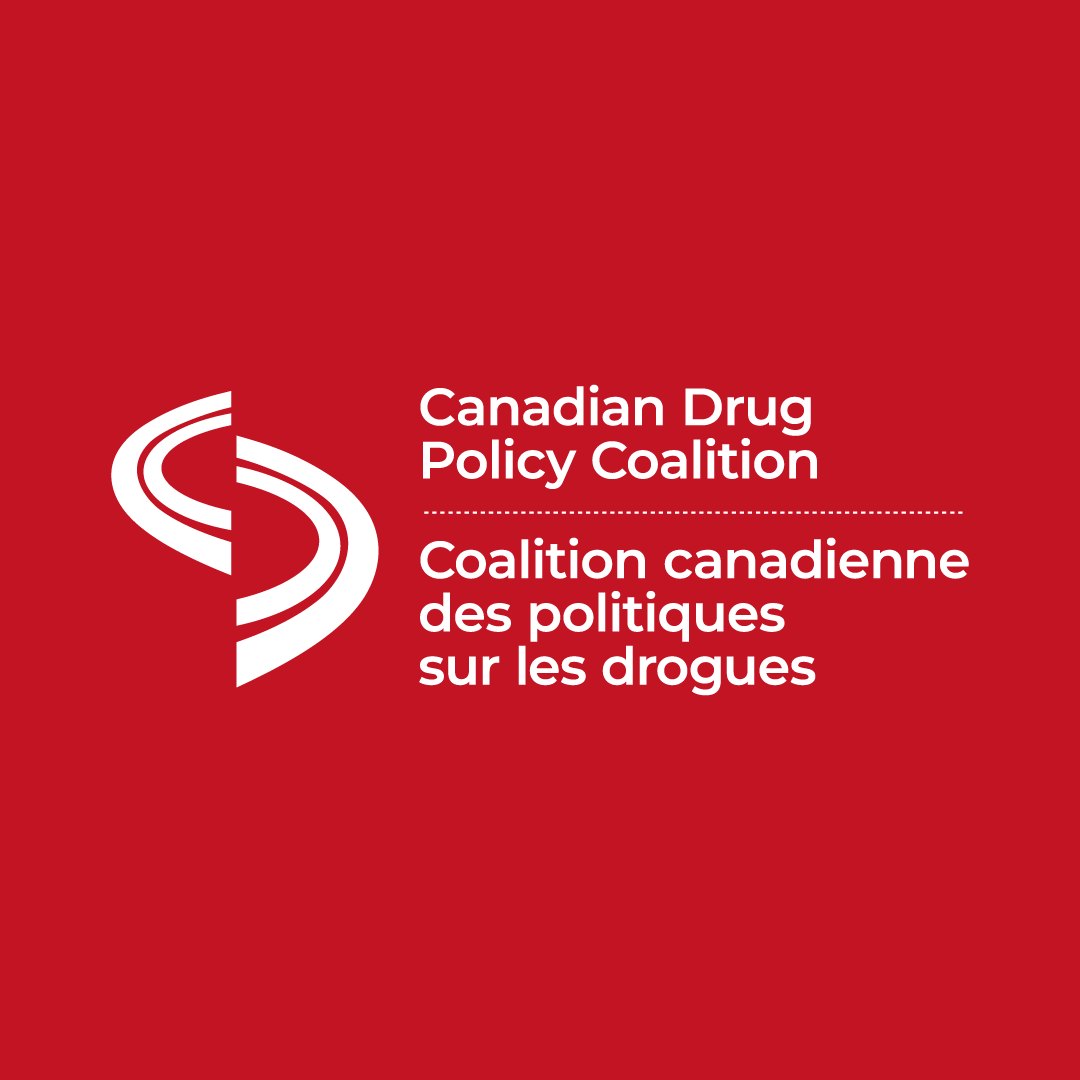New York: 06/02/11
A high level Global Commission on Drug Policy is challenging governments around the world to stop the so-called “war on drugs” and to infuse drug policies with a human rights and public health approach.
In a report released on June 2nd, 2011 the Commission called on political leaders and public figures to find the “courage to articulate publicly what many of them acknowledge privately: that the evidence overwhelmingly demonstrates that repressive strategies will not solve the drug problem, and that the war on drugs has not, and cannot, be won”.
Members of the Commission, which include the former presidents of Brazil, Colombia, Mexico and Switzerland, the current Prime Minister of Greece, the former US Secretary of State George Shultz, as well as former U.N. Secretary General Kofi Annan, say that the four decades long “global war on drugs has failed, with devastating consequences for individuals and societies around the world”.
This call for a new drug policy paradigm comes at an extremely crucial time in Canadian drug policy development. The new Conservative Canadian Government is expected to table a broad ranging crime bill this month that will, on a number of fronts, fly in the face of the Commission’s recommendations. Drawing momentum from a “tough on crime” election campaign the Conservative government plans to roll together a number of previously tabled bills into one large omnibus crime bill. The bill would likely include a new law requiring mandatory minimum sentences for drug crimes, including cannabis related offenses.
Having spent immense amounts of money, time and resources on repressive measures and criminalisation, many governments around the world have failed to curtail supply or consumption of drugs. The US for example spent 15 billion dollars in 2010 on drug control.
Despite these efforts the supply and use of drugs is actually significantly up. The Commission’s report cited U.N. estimates that opiate use increased 34.5 per cent worldwide and cocaine 27 per cent from 1998 to 2008, while the use of marijuana was up 8.5 per cent.
The Canadian Conservative government’s determination to push forward repressive drug laws seems ideologically motivated and unconnected to sound evidence and global trends. Even the US policy epicenter of the ‘war on drugs’, with it’s overflowing population of non-violent drug related prisoners, is beginning to back away from harsh measures such as mandatory minimum sentencing and are considering moving towards alternative harm reduction models.
The evidence presented in the Commission’s report also shows that criminalising drug use and punishing users can significantly undermine public health efforts to stop the spread of HIV, prevent overdose fatalities and to mitigate other negative health consequences of drug use. The report points to the example of countries such as Thailand and Russia which have relied on repressive drug policies and discrimination and shows that these countries face far higher rates of HIV infection among injection drug users than other countries that have implemented harm reduction approaches.
The Commission report argues that, years of criminalisation, incarceration and supply reduction strategies have further offset more cost-effective and evidence-based investments in harm reduction. The treatment of drug users as patients rather than criminals is at the cornerstone of a public health approach that has “demonstrated positive results in crime reduction, health improvement, and overcoming dependence.”
The report does not advocate for a blanket legalization of drugs but rather that governments need to understand a public health approach and to base their drug policies on human rights and sound evidence.
Specific recommendations by the Commission include the following:
- End the criminalisation, marginalization and stigmatization of people who use drugs but who do no harm to others.
- Encourage experimentation by governments with models of legal regulation of drugs (especially cannabis) to undermine the power of organized crime and safeguard the health and security of their citizens.
- Ensure that a variety of treatment modalities are available – including not just methadone and buprenorphine treatment but also the heroin-assisted treatment programs that have proven successful in many European countries and Canada.
- Apply human rights and harm reduction principles and policies both to people who use drugs as well as those involved in the lower ends of illegal drug markets such as farmers, couriers and petty sellers.
The Global Commission on Drug policy report is available here.
Here is statement made by a broad coalition of Canadian NGOs that support the report.

